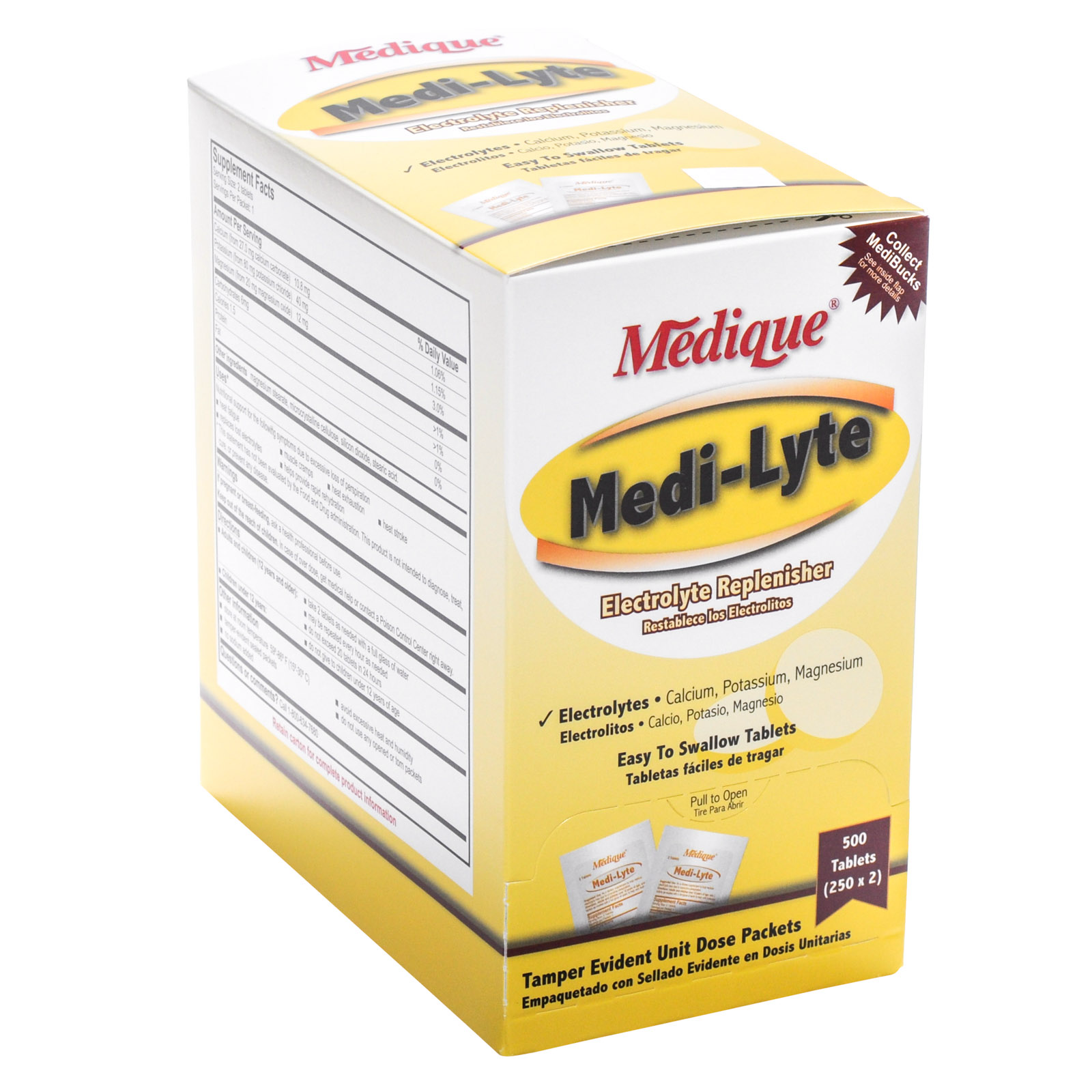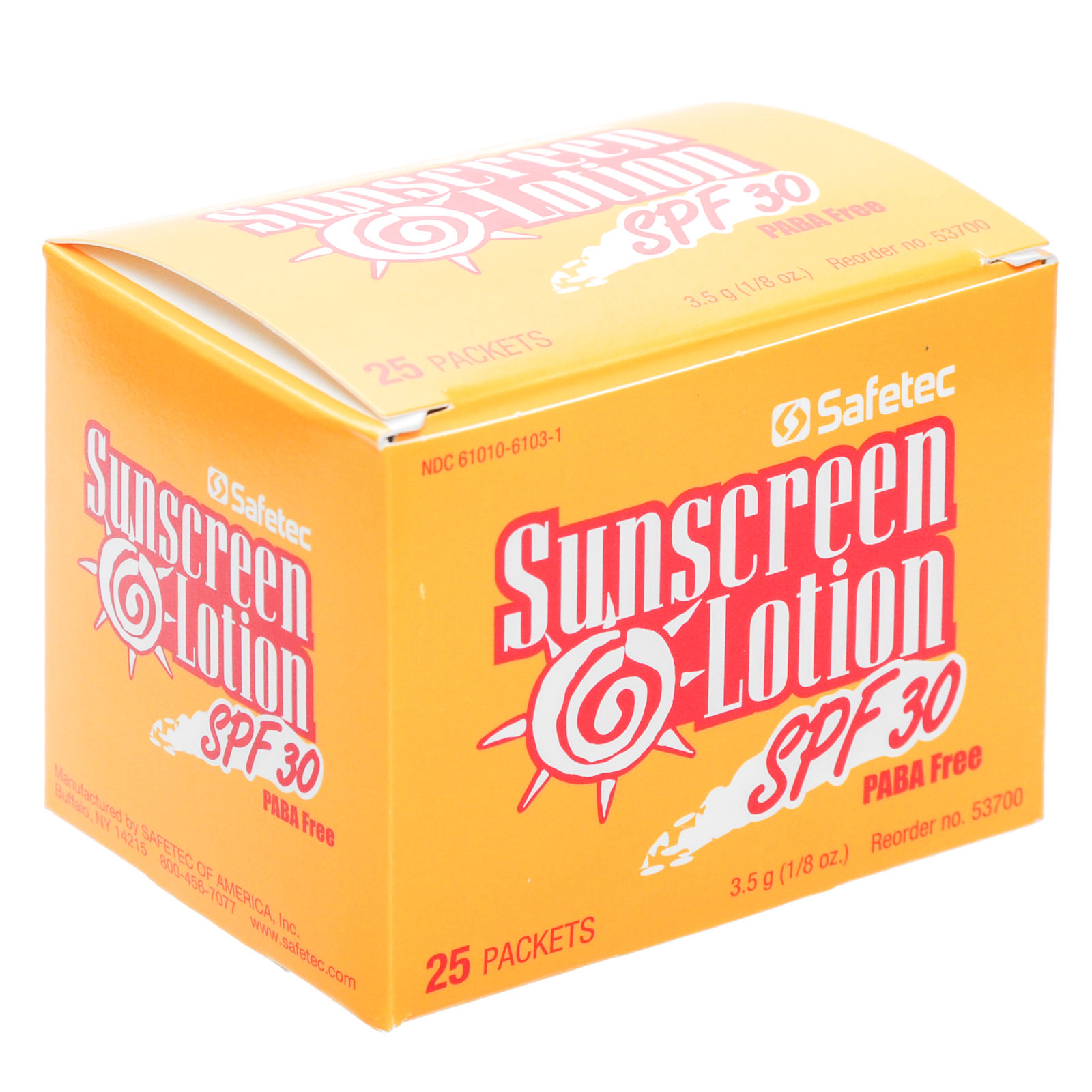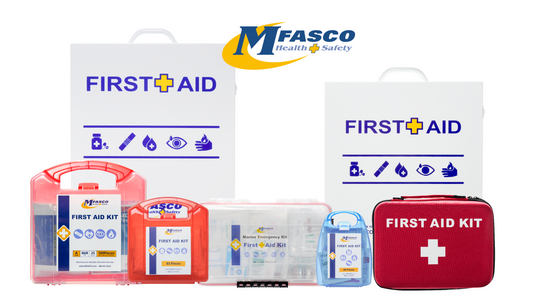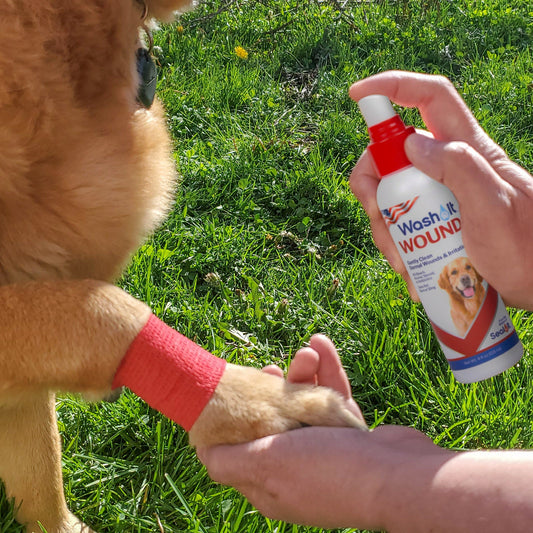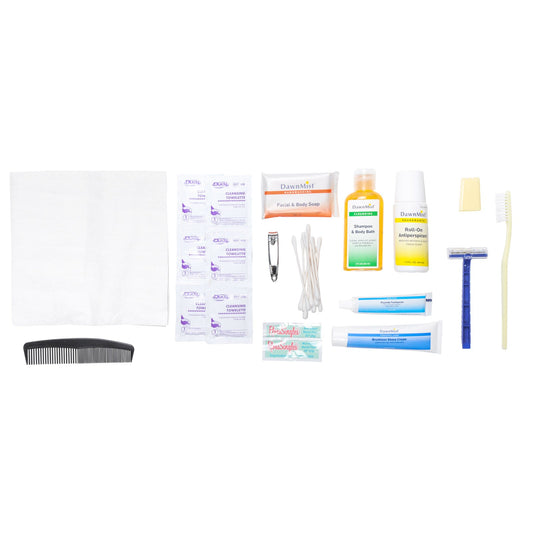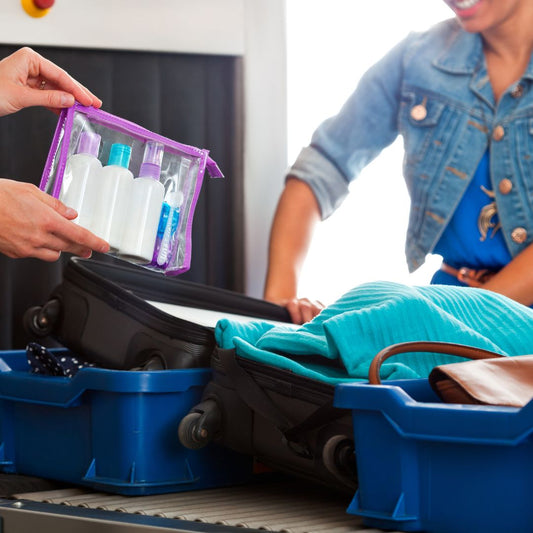5 Outdoor Health Tips - Part 1
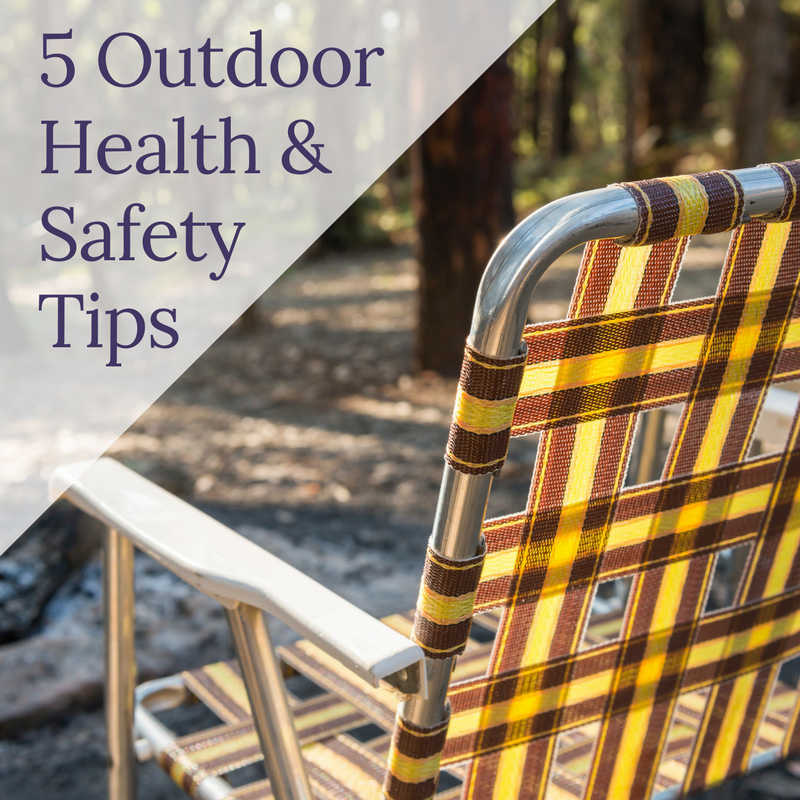
Did you know that nearly half of all Americans participate in outdoor activities every year? We love to be outdoors! Walking, boating, hiking, camping, and other fun activities are great ways to experience nature and get some physical exercise but they can also create health concerns. This 2-part article will highlight 5 outdoor health and safety tips. Knowing what they are, how to treat them, and even how we can prevent them will help us stay healthy and safe while enjoying our outdoor experience. Part 2 can be found here.
#1 - Heat-related illness
Dehydration - If we're outdoors we are usually active. When it's warm, our body experiences fluid loss. Dehydration occurs when water intake is not enough to replace free water lost due to normal activities.http://en.wikipedia.org/wiki/Dehydration. The best way to combat dehydration is to drink plenty of fluids and take periodic rest breaks. Loss of water also means loss of critical minerals from your system including potassium and sodium. Common electrolyte replacement tablets and drinks help replace these lost minerals during heavy sweating. It's important to drink plenty of fluids before times of physical activity. Being hydrated before the physical activity begins can help prevent dehydration before it starts.
Heat Exhaustion - The Mayo Clinic defines heat exhaustion as “ a condition whose symptoms may include heavy sweating and a rapid pulse, a result of your body overheating.” If you experience any of these symptoms, drink plenty of fluids, remove any unnecessary clothing, cool down using an ice pack, or take a cold shower or bath. Just like dehydration, heat exhaustion can be prevented by drinking plenty of fluids before the activity begins. In addition to staying hydrated, it is important to limit physical activity during the day when the temperature is at its hottest.
Heat Stroke - The Oxford Dictionary defines heat stroke as “a condition marked by fever and often by unconsciousness, caused by failure of the body's temperature-regulating mechanism when exposed to excessively high temperatures.” Heat stroke is the most severe of the three heat-related illnesses. It is most likely to occur as a result of dehydration and heat exhaustion. If symptoms of heat stroke are present, it is best to seek medical help immediately. While waiting for help, go to a cool area and get fluids as soon as possible. Cold packs or cold compresses can help as well.
Heat-related illnesses occur when someone spends too much time in the heat. It is very important to drink lots of fluids and to take frequent breaks to maintain a regulated body temperature.
#2 - Sun related illness
Sunburn - The Mayo Clinic defines sunburn as "red, painful skin that feels hot to the touch — usually appears within a few hours after too much exposure to ultraviolet (UV) light from sunshine.” Sunburn can be treated initially with a cold pack or cold compress to ease the initial symptoms and then a water-based gel for burns can be applied to help soothe the skin and heal the irritation. The best prevention for sunburn is to limit time spent in the sun, cover-up, and use sunscreen to prevent sunburn.
Sun Poisoning - This is usually a burn from ultraviolet (UV) radiation that inflames your skin. In reality, it is a severe case of sunburn. Similar treatments to that of a sunburn can be applied. Because sun poisoning is more severe, getting plenty of fluids along with taking a pain reliever may be in order. Much like a regular sunburn; the best prevention is to avoid the sun. When outside cover the skin as much as possible. On areas that remain exposed using sunblock to protect the skin is very important.
Keep reading part 2 of "5 Outdoor Health & Safety Tips where we highlight summer allergies, insects, and poisonous plants.
Outdoor Products & Accessories
MFASCO's Make a Kit Tool
Outdoor First Aid Kits
Allergy Relief Medications
Additional Resources for Outdoor Kits & Supplies
Top 8 First Aid Kit Types
How To Make a First Aid Kit for Camping
Essential First Aid Kit Supply List
Contributing Expert

Mike Brinker
Mike Brinker has been working in the first aid industry for over 35 years. He has worked with thousands of businesses,groups, and organizations to provide a healthy and safe work environment. Mike helped create “Make-A-Kit”, the internet's only online first aid kit creation tool. He has also authored many helpful first-aid and safety-related resource articles found at the MFASCO Learning Center.

